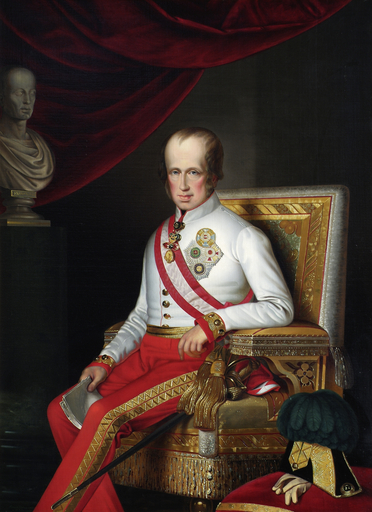
King of Bohemia and Hungary, and Austrian Emperor from 1835 to 1848. The last crowned King of Bohemia. In spite of his physical and mental limitations, due to which he could never become a fully-fledged ruler, he became popular among the populace due to his charity.
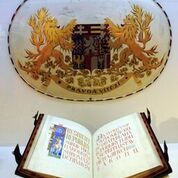
Popular term for the state of Czechoslovakia and its political organisation from 1918 until 1938. The first independent state in the form of a parliamentary republic on whose territory Czechs were a sovereign ethnic group.
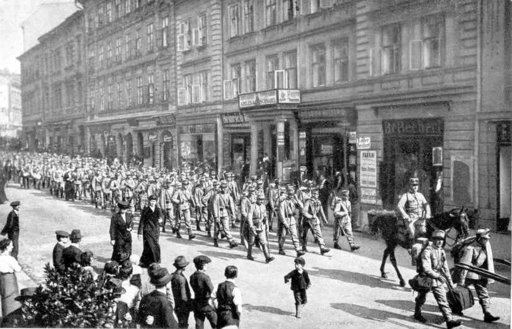
A world conflict that resulted in fundamental political changes in Central Europe and allowed for the formation of independent Czechoslovakia.
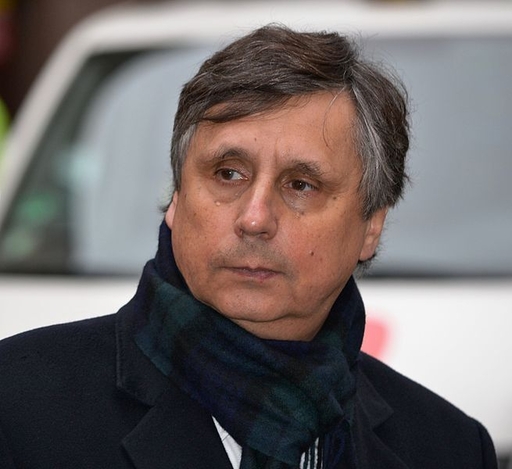
Prime Minister from April 2009 until July 2010 and a candidate for President of the Czech Republic in 2013.
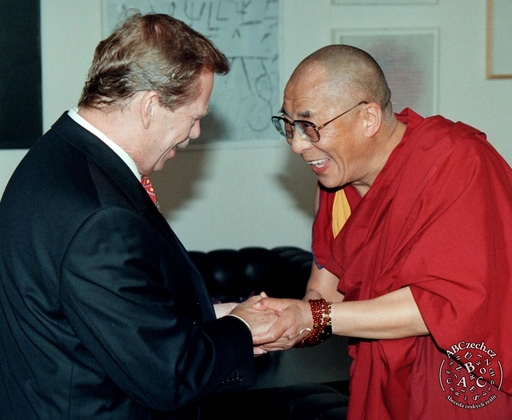
Independent organisation supporting democratic international discussion, collaboration and the development of democratic rights, strongly connected with the legacy of President Václav Havel. It organises the conference Forum 2000, which a venue for political and intellectual dialogue.
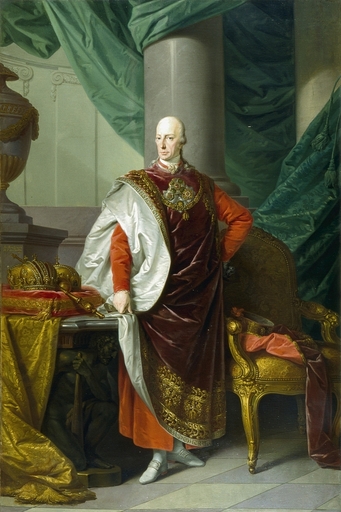
King of the Kingdom of Bohemia and the Kingdom of Hungary between 1792 and 1835, Holy Roman Emperor (as Francis II) between 1792 and 1806, Emperor of Austria between 1804 and 1835. A strongly conservative ruler whose reign in the Czech lands was a period of stagnation and police repression.
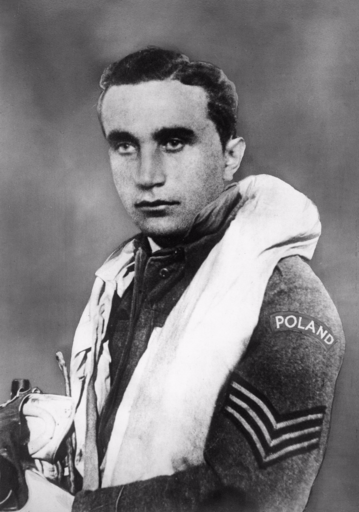
Pilot and participant of the struggle against Nazism during the Second World War. He was one of the most successful pilots of the Royal Air Force (RAF) in the Battle of Britain.
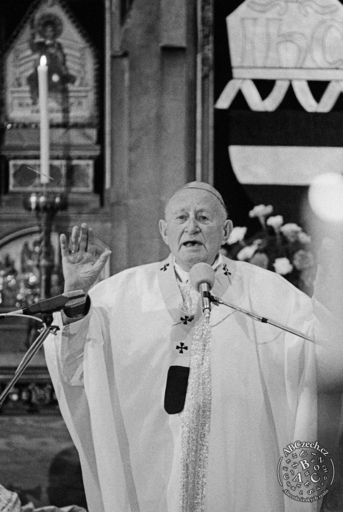
Archbishop of Prague and Primate of Bohemia in the period of Normalisation and the Velvet Revolution. His contribution to catechesis was also significant.
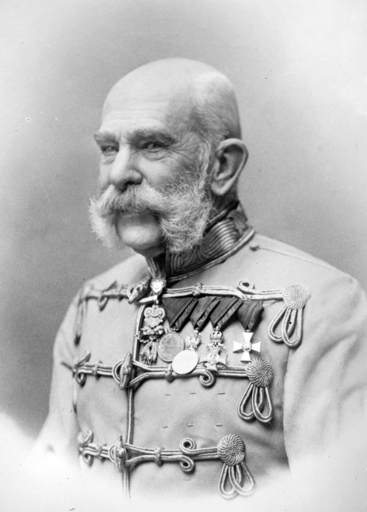
King of Bohemia and Hungary and Austrian Emperor from 1848 to 1916, one of the most famous rulers of Bohemia. For many Czechs he is still a symbol of the Habsburg Monarchy and the revolutionary period of the second half of the 19th century and the beginning of the 20th century.
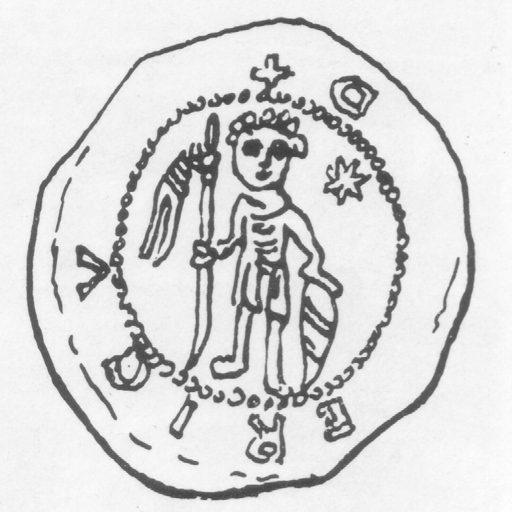
Duke of Bohemia between 1172 and 1173 and again between 1178 and 1189. A weak leader whose dependence on the Emperor of the Holy Roman Empire resulted in a serious danger to the integrity of the Bohemian state.
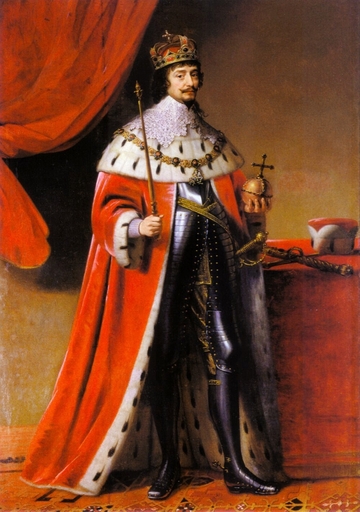
King of Bohemia in 1619–1620, Elector Palatine in 1610–1620. The only Protestant on the Bohemian throne and one of the leaders of the anti-Habsburg side at the beginning of the Thirty Years’ War. He was called “the Winter King” in the Czech lands due to his short reign.
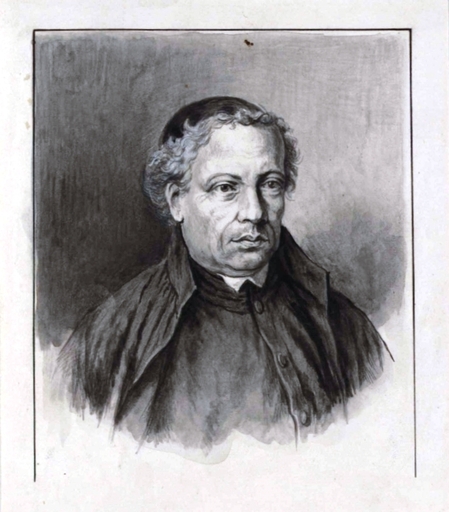
Czech priest and Enlightenment historian of German descent. He is regarded as the founder of Czech critical historiography.
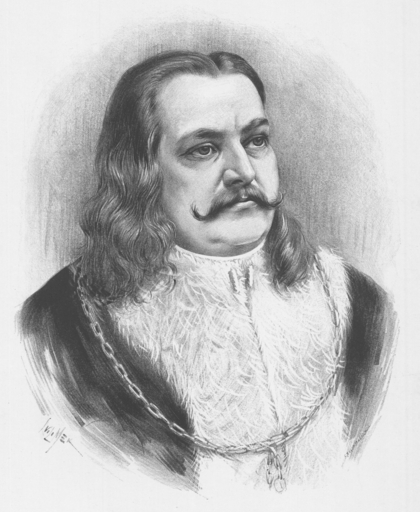
King of Bohemia from 1458 to 1471. The first Czech ruler that came from the ranks of the Bohemian nobility and the only Hussite on the Bohemian throne.
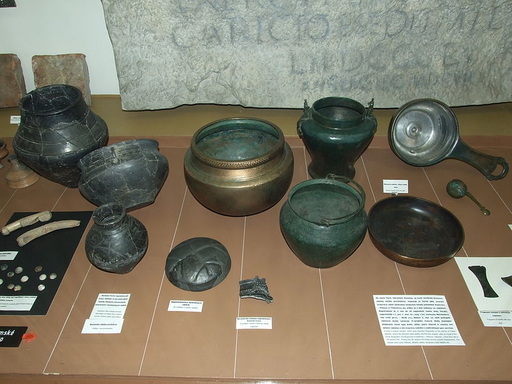
The principal ethnic group living on the Czech territory in the first half of the 1st millennium. The first Germanic peoples came there probably as early as between 70 and 50 BC.
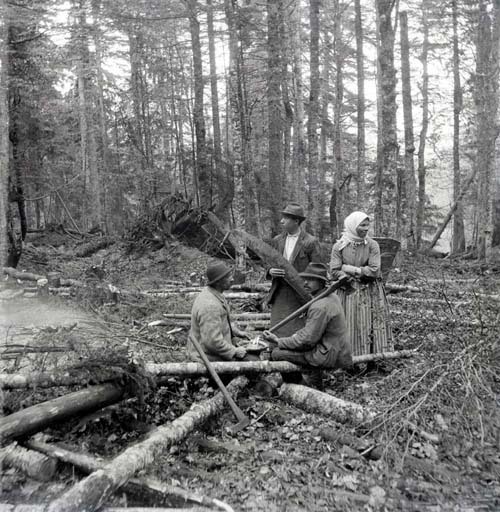
One of the ethnic minorities in the Czech Republic, consisting of Bohemian, Moravian and Silesian Germans. In the 20th century the term Sudeten Germans became commonly used, but it has negative connotations due to its associations with Nazism.
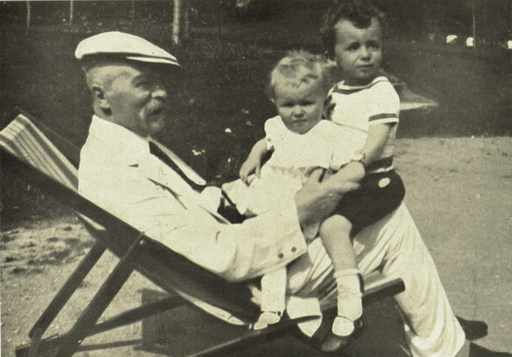
Historian and university teacher. He is regarded as the founder of Czech positivist historiography.
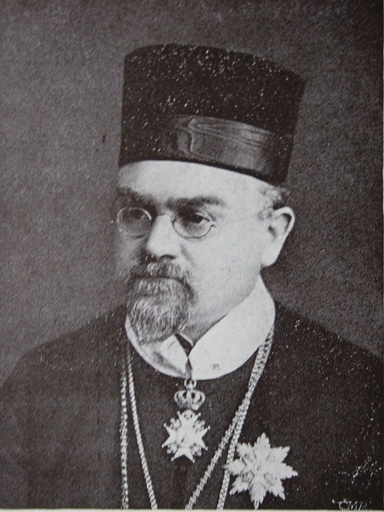
Initiator of the foundation of the Bohemian branch of the Orthodox Church and its first bishop. In 1942, he was executed by the Nazis in connection with the assassination of Reinhard Heydrich. He was canonised as a martyr.
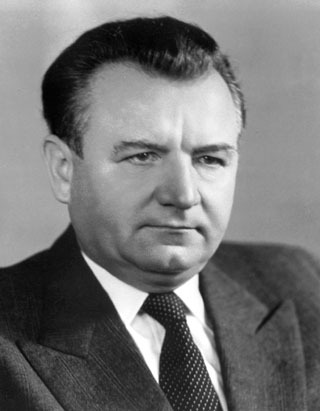
Czechoslovak politician, Prime Minister and President during communist dictatorship.
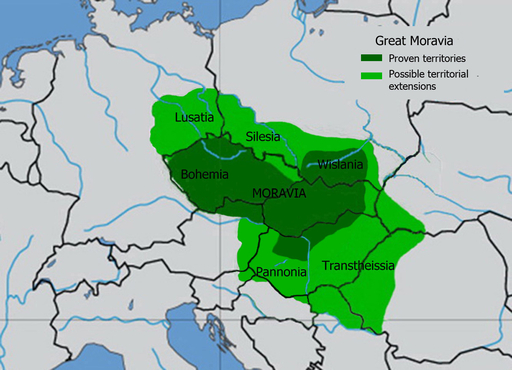
The first state of the West Slavs. It significantly influenced the political, economic and cultural formation of Central European states.
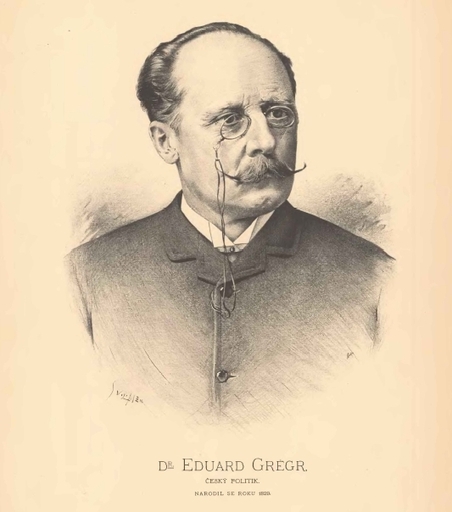
Czech physician, journalist and politician, older brother of Julius Grégr, with whom he became the leading figure of the editorial board of Národní listy. Representative of radical Czech politics of the second half of the 19th century, member of the National Liberal Party (also known as the Young Czech Party) and a member of the Land Diet and the Imperial Council.
2016-2020 ABCzech.cz - © Filozofická fakulta Univerzity Karlovy
Content from this website may be used without permission only for personal and non-commercial purposes and with the source cited. Any other use is allowed only with the authors' consent.
This web application Sonic.cgi meets GDPR requirements. Current information can be found here.